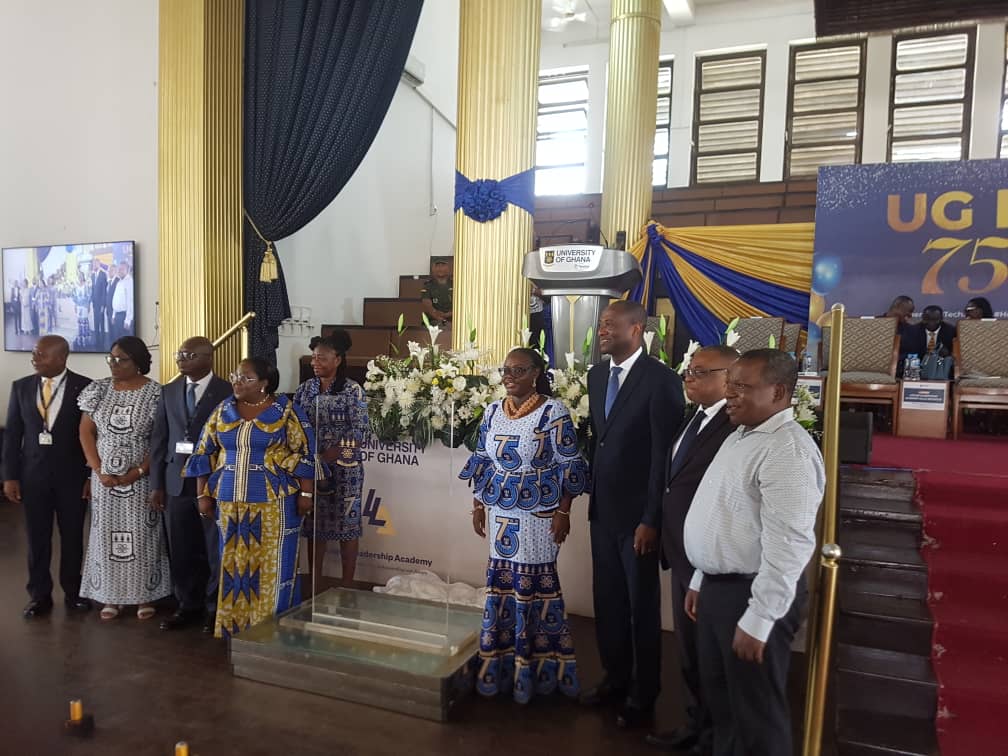By Jibril Abdul Mumuni
Accra, May 09, GNA – Mr. Fredrick Attakumah, the Country Director for Asante Gold Corporation, says the assumption that outstanding academic achievements automatically equate to a natural ability for leadership is erroneous.
He said an individual’s ability to excel academically did not guarantee his or her ability to lead but required a deliberate effort of training.
He said this at the launch of the Legon Leadership Academy Initiative, which was held at the University of Ghana (UG).
Mr. Attakuma said tertiary institutions must prioritize leadership development to ensure the goals of their institutions are achieved with precision.
“Failure to do so often results in the situation where leaders end up being caught in the daily whirlwind of responding to pressing and urgent demands while the more strategic and long-term issues, which will result in organizational transformation and progress, may remain unaddressed, “he said.
Mr. Attakumah said contemporary challenges and opportunities required the skills set of creativity and innovative management.
He said it was crucial that leaders received formal training to equip them with the skill set that would enable them to provide effective leadership to their organizations.
“Indeed, the contemporary leadership landscape is shaped by trends such as disruptive technologies, innovative business models, increased stakeholder demands, and ever-evolving social developments, some of which present new opportunities while others pose existential threats that require creative and innovative management. Given this dynamic environment, it is crucial that leaders receive formal training, “he said.
The Country Director said the Legon Leadership Academy emerged as a significant initiative that will bolster existing leaders and cultivate a succession of future leaders throughout the university’s diverse constituencies.
The academy, he noted, would endow future leaders with the essential hard and soft skills to successfully steer the affairs of the university and its various units.
Professor Nana Aba Appiah Amfo, the Vice Chancellor of the University, said the university would mandate heads of the various departments and faculties to undergo training at the academy.
She mentioned that the leadership academy is a development initiative that sought to develop the leadership capacity of both faculty and staff of the university.
The academy, she noted, would also enhance the work outcomes of the university’s staff so that they could contribute to UG’s progress.

Prof. Gordon S.K. Adika, Team Lead and Dean, School of Education and Leadership, said the leadership training modules would be delivered through a blend of face-to-face and virtual sessions, seminars, and practical exercises.
This, he said, would engender cross-learning and the sharing of best practices among participants.
The training comprised five leadership development areas, namely: general leadership skills and competencies; administrative and financial leadership; personal and professional development; policy, governance, and compliance; and educational and academic management.
GNA